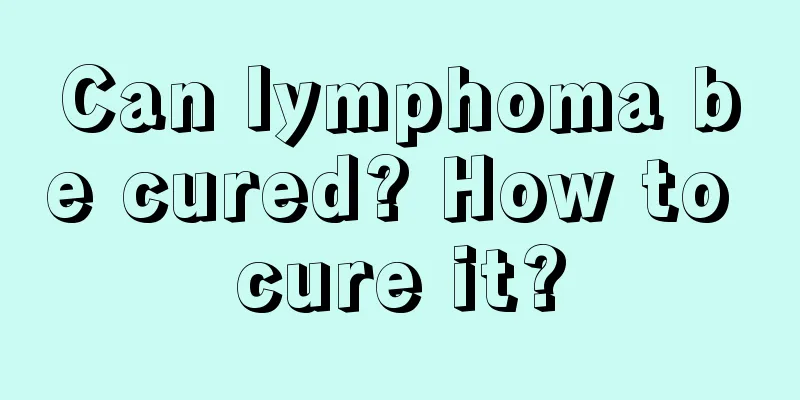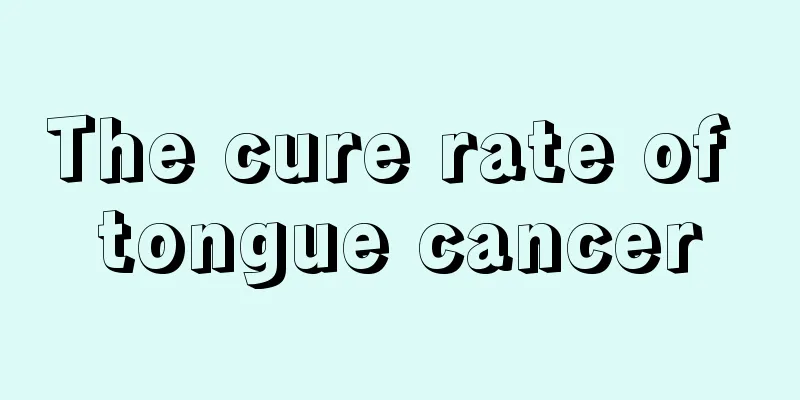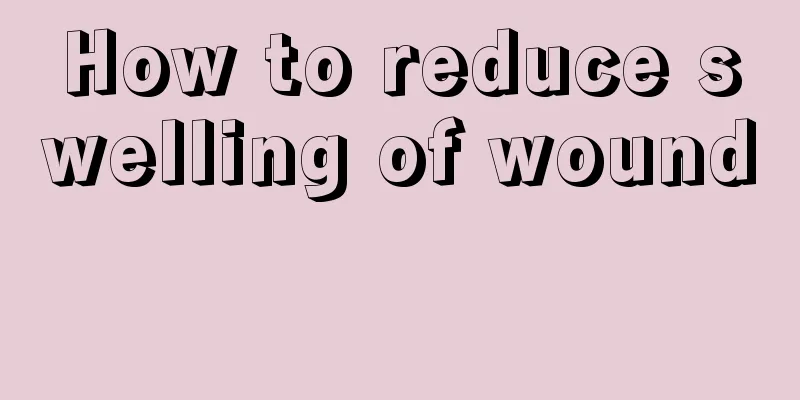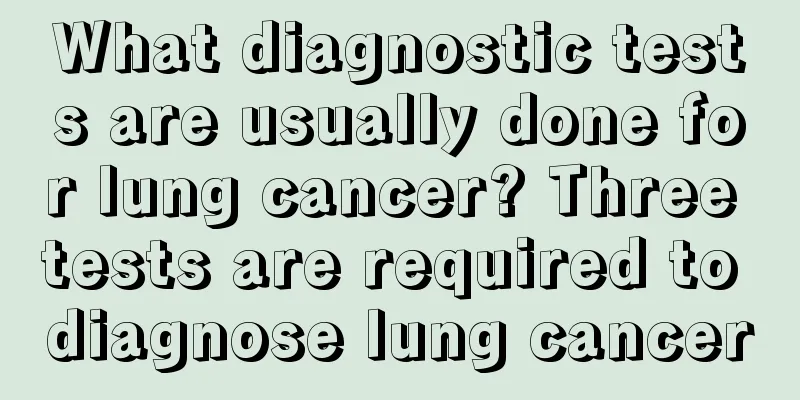The two main treatments for testicular cancer
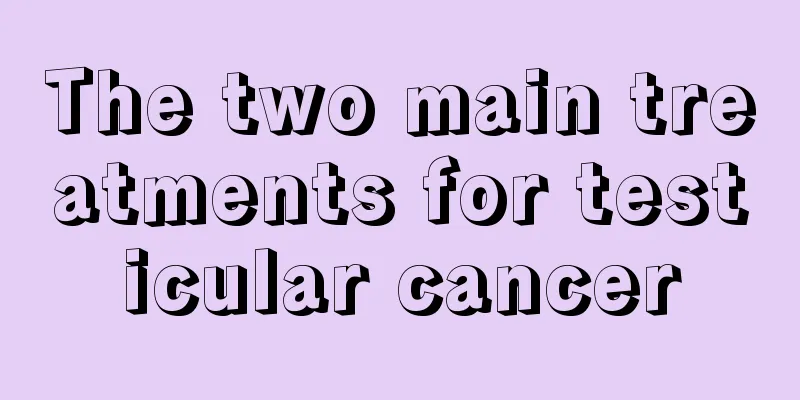
|
Since there are many causes of testicular cancer and testicular cancer is divided into many types, the treatment methods for testicular cancer are also different. Regardless of the type of testicular cancer, once discovered, it needs to be treated in time to reduce the harm to the body. How to treat testicular cancer? Today I will introduce to you the two main treatment methods for testicular cancer. There are two main treatments for testicular cancer: 1. Surgery for testicular cancer The procedure of removing part of a testicle through the groin is called a terminal inguinal orchiectomy. Men who undergo this treatment may worry that removing one testicle will affect their sexual ability and may cause infertility. However, men with only one healthy testicle can still have normal erections and produce sperm. Therefore, surgical removal of one testicle will not make a man impotent or infertile. In addition, during the operation, the doctor can place an artificial testicle in the scrotum. This artificial testicle weighs and feels like a normal testicle, and people who don't know it can't tell the difference between an artificial testicle and a natural testicle by appearance. Some lymph nodes deep in the abdomen are also removed. This surgery will not affect the man's ability to have erections and orgasms, but it can cause infertility because it may prevent ejaculation. 2. Chemotherapy for testicular cancer Chemotherapy is a method of killing cancer cells throughout the body with anticancer drugs. Chemotherapy is often used after surgery to kill any cancer cells that remain after surgery. This method is called adjuvant therapy. Chemotherapy can also be used as the first treatment if the cancer is in an advanced stage. Most anticancer drugs are given by injection directly into a vein. Chemotherapy is a systemic treatment, which means that the drugs travel through the bloodstream and affect both cancer cells and normal cells throughout the body. The side effects of this treatment usually depend on the type and dose of the drug used. Common side effects include nausea, hair loss, fatigue, diarrhea, vomiting, fever, chills, cough, mouth pain, and rash. Other side effects include dizziness, numbness, poor reflexes, and hearing loss. Some cancer drugs can interfere with sperm production. In some men, infertility is permanent, but in most men, fertility returns after a short time. |
<<: Why is pituitary tumor more common in young and middle-aged people
>>: How to care after testicular cancer surgery
Recommend
Is it good to stick ginger on the navel to treat constipation?
Some of you may have heard that applying ginger s...
What are the common causes of lung cancer
Cancer is one of the most difficult diseases to t...
What can be used to wash off dried blood stains
In daily life, the clothes we wear or the sheets ...
How to treat primary bronchogenic carcinoma
Primary bronchogenic carcinoma is a respiratory d...
When should the tuberculosis vaccine be given?
Everyone knows the great harm of tuberculosis. Un...
Diet therapy for winter cough
Coughing is not a disease, but it is really painf...
What is vitamin d and what is its function
Vitamin D can help children's bone growth and...
What does nasal catarrh mean
Nasal catarrh is actually a type of rhinitis and ...
Common symptoms of breast cancer are skin changes
We need to understand the symptoms of breast canc...
How to restore the sense of smell
There are many people in life who may suffer orga...
What should be paid attention to in the treatment of lung cancer? Three key points of lung cancer treatment
Nowadays, there are many lung cancer patients, mo...
Things to note about the sequelae of prosthetic chin
In fact, many people now pay great attention to t...
What Chinese medicine should I take for advanced esophageal cancer
Esophageal cancer seriously damages everyone'...
What are the causes of lung cancer? Revealing the three high-risk factors for lung cancer
There are many causes of lung cancer, such as env...
Bald men are more susceptible to prostate cancer. Prostate cancer is more likely to attack bald men
Baldness is a very distressing thing for men. Onc...
